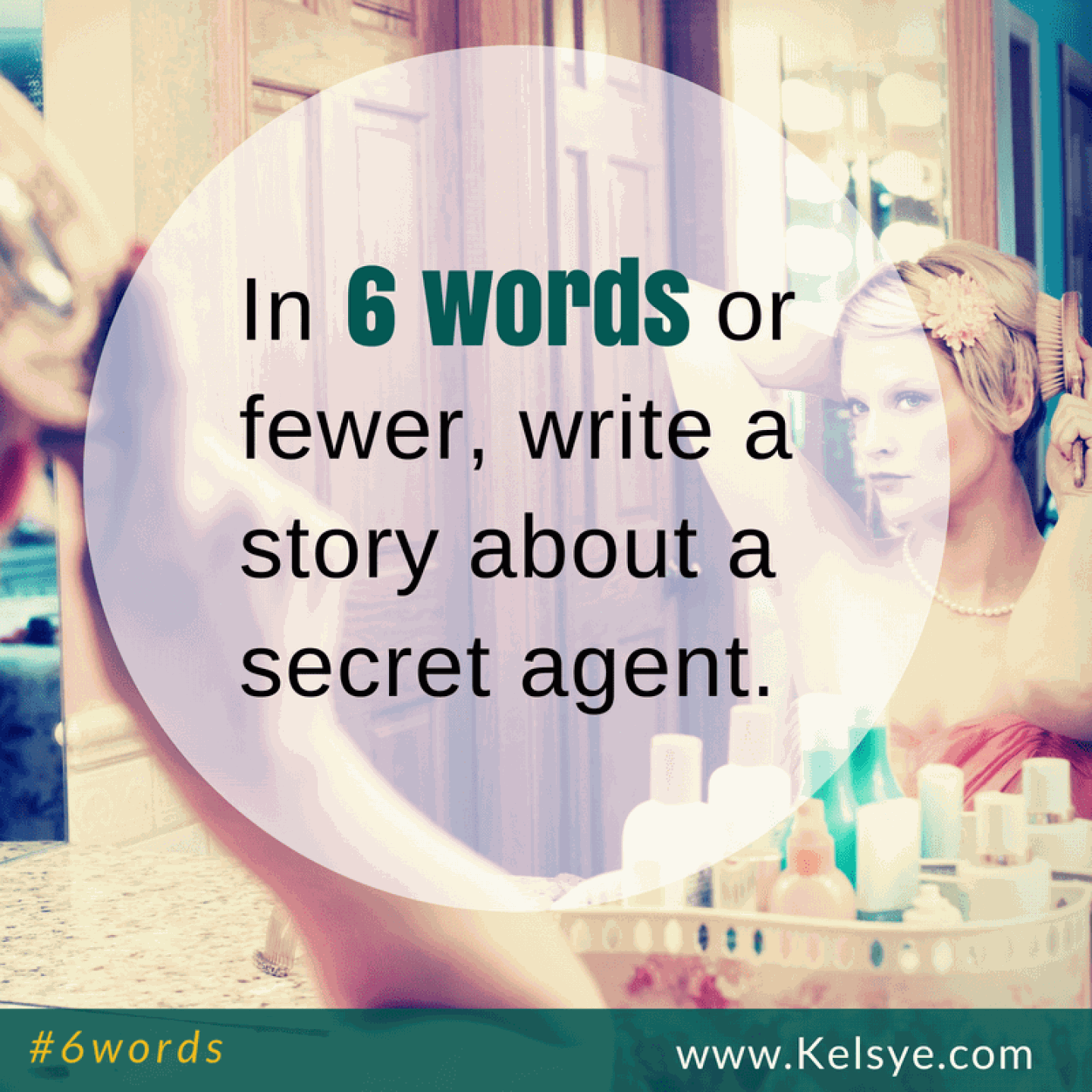
In writing fiction or memoir, I dwell in grey areas, expound on emotion. Aside from word counts and deadlines, there are few definite qualifiers in the artistic world. How glorious to know when you are on track, when you're doing good. Numbers comfort me. Proof. Evidence of achievement in my creative endeavors, even if qualifiers of quality and value still elude me.
So let's set our creative goals for 2015 using all our best business practices, shall we?
Metric of success for 2015:
- Create works that touch the hearts of readers, inspire empathy and increase the amount of love, understanding and pleasure in a meaningful sample of the human population.
No. This is no good. I can hear old boss #23 pushing me to define a "meaningful sample." Does this mean ten people? One hundred? Ten thousand? How will I create a baseline for empathy and track the change? Try again.
Metrics of success for 2015 - take two:
- Publish three original blog posts on my site per week.
- Increase web traffic by 100% each month.
- Multiply social media following by a factor of .1 each month.
- Write a minimum of 500 words per day.
- Write 20,000 words per month.
Clear. Concise. Easily measurable.
Also....
Meaningless.
Worthless.
The gurus tell me to visualize my success. Closing my eyes, I see that backlog of blog posts published on time. I see the little number on my Google analytics dashboard proving my internet popularity. I see all the pings and dings on social media alerting me to new followers.
I see myself pushing back my cramped shoulders and groaning from hours spent in front of the computer. I see my eyes glazing over and my ADD kicking into high gear, the garbage truck out my window suddenly riveting. I see myself jump up at 2:10pm, grateful for the task of picking up kids from school to save me from my drudgery.
When asked, what did you do with your life, I might be able to prattle off a list a metrics such as I increased my unique web visitors by 300% in a two month period, or I published 100 blog posts in the year of 2015, but so what?
Perhaps it's not what, it's why. Why did you do with your life.
Aside from grammatical awkwardness, that is harder to answer. Hm. Back to the spreadsheets.

 Guest post by
Guest post by 






